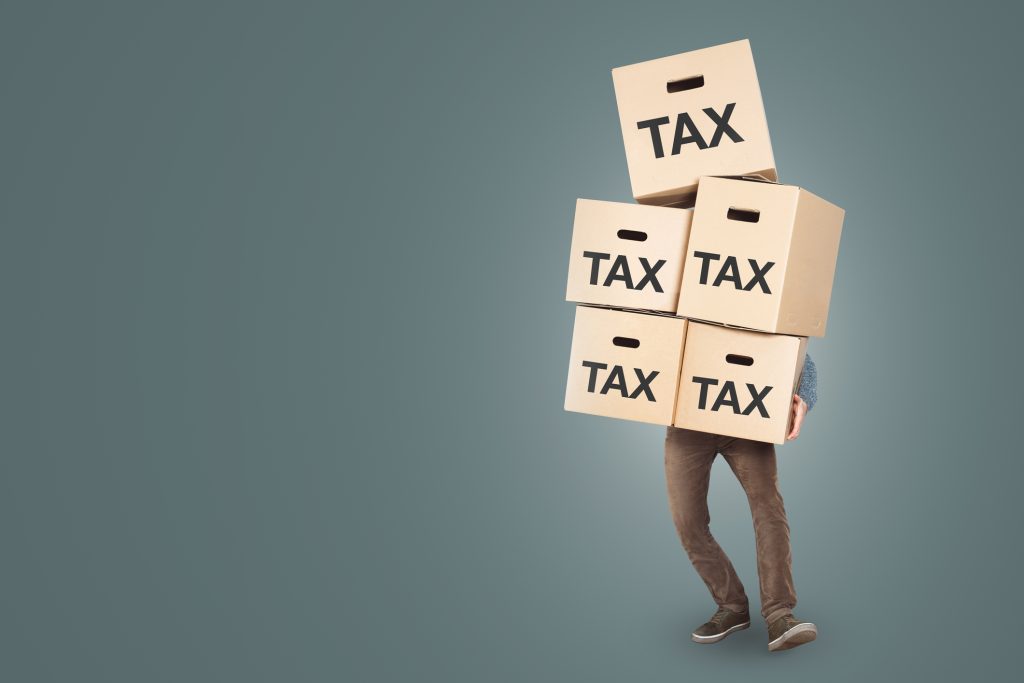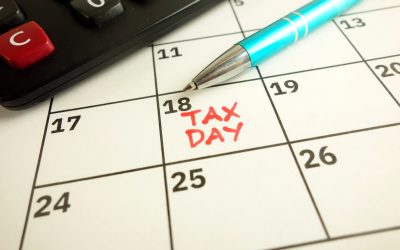
Most people assume that their tax burden will dramatically decrease in retirement once they stop receiving a paycheck, but this isn’t always true. A high tax bill is one retirement risk to be aware of and to try and mitigate. We may be experiencing relatively low taxes right now, but a change in leadership in Washington and a growing national debt could change that. Let’s look at 3 reasons why your tax burden could increase in retirement.
Required Minimum Distributions
Distributions from traditional retirement accounts such as IRAs, 401(k)s, 403(b), 457, and thrift savings plans are taxed as ordinary income. This can potentially mean a higher tax burden in retirement. Required Minimum Distributions from your traditional retirement accounts begin at age 72[1] and may force you to withdraw more than you would otherwise every year. The purpose is to draw down your account and tax the funds that have been growing tax-deferred for many years. If you have a substantial amount saved in a tax-deferred retirement account, consider how this could increase your tax burden later on. There are ways to help minimize your taxes in retirement, such as converting part or all of a pre-tax retirement account to a Roth IRA.
Social Security
Up to 85% of your Social Security benefit can be taxed, depending on your income. To figure out if your benefit can be taxed, add up your adjusted gross income, nontaxable interest, and half of your Social Security benefit to get your combined income. If your combined income as an individual is between $25,000 and $34,000 or is between $32,000 and $44,000 as a married couple filing jointly, up to 50% of your benefit may be taxable. And if your combined income as an individual is over $34,000 or over $44,000 as a married couple filing jointly, up to 85% of your benefit may be taxable.[2]
Capital Gains
Do you plan on generating retirement income from your investments? Investments held for more than one year are taxed at favorable rates. Depending on your income, long-term capital gains will be taxed at either a 0%, 15% or 20% rate.[3] However, single filers with modified adjusted gross income over $200,000 and joint filers over $250,000 may owe a 3.8% surtax on net investment income.[4] Keep in mind that gains and dividends taxed at 0% raise your adjusted gross income, which can affect how your Social Security benefit[5] is taxed. This is why a tax planning strategy is important to have in retirement before making major financial moves.
We understand that taxes could be your biggest expense in retirement, and want to work with you to help minimize them. Tax and income planning are important parts of a comprehensive retirement plan, and we won’t forget to make it part of your plan. To start exploring tax minimization strategies in retirement, sign up for a complimentary financial review.



